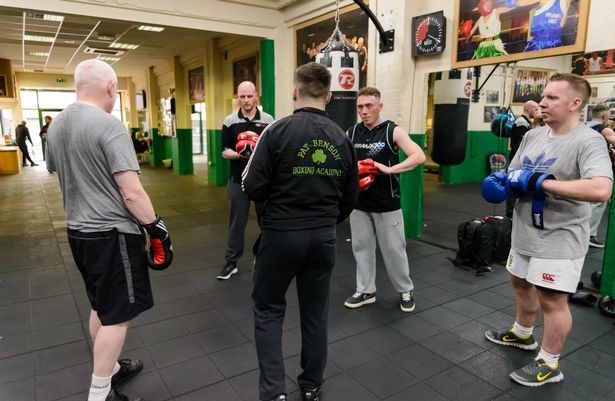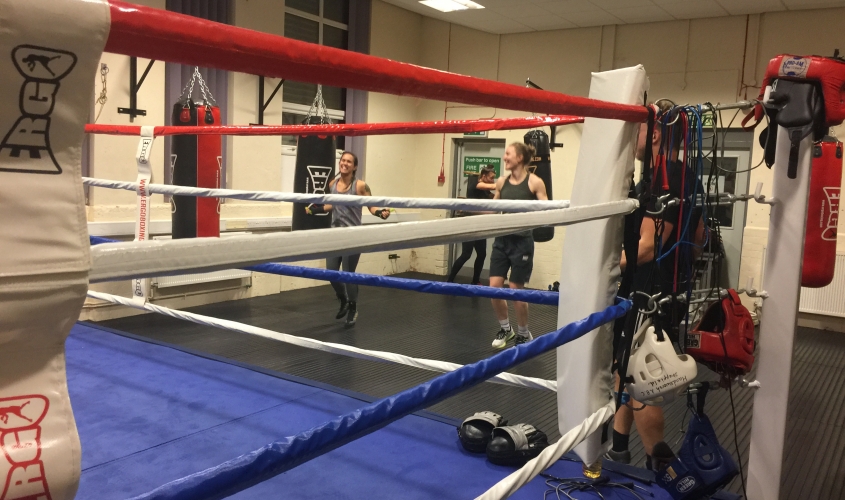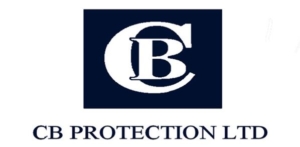
Are you you’re setting up a new club? Or do you already run one but want to make it better and appeal to more people?
Here are some key things that all clubs – big or small – should consider, no matter whether they are well established or just starting out.
Promoting your club
Knowing what your offer is – and effectively communicating it – is the key to successfully marketing and promoting your club.
Promoting your club is about telling people what you can offer them. It’s really important to spend time planning your marketing, thinking about who you are targeting, choosing ways you can reach them and how you will measure the effectiveness of your communication.
When promoting your club, it is important to take the following questions into consideration:
What is your offer?
- Product
- Price
- Promotion
- Place.
What do you want to achieve?
- Set SMART objectives: Specific – Measurable – Achievable – Realistic – Timely.
How do you get there?
- Websites
- Social Media
- Posters
- Newsletters
- Press and broadcast media.
How do you know when you are there?
- Progress should always be monitored to ensure your efforts are not wasted.
- Identify how you will know that your plan has been a success – i.e. realistic timescales.
For more on how to make the most of social media, watch Heart of England CBC’s Nick Griffin here.
Finance
Boxing clubs who are successful in the long term are built on sustainable finances. Whatever your situation, to manage your finances effectively as a boxing club, you should think about:
- Managing Money – Do you have the right processes and practices in place to help you monitor your club’s finances?
- Budgeting – Do you have a short and long-term financial plan for your club? Do you know how to manage your costs to keep within this budget?
- Tax and Boxing Clubs – Have you thought about any tax implications affecting your club?
- Generating Income – Does your club’s funding comes from a variety of sources?
- Funding Guidance – Do you know what to consider before, during and after applying for funding?
To explore each of these themes in more detail, please visit the finances section of the Club Matters website.

Club management
Clubs that are well managed tend to be clubs that are the most successful. They have well-ordered finances and both members and volunteers are kept informed through good communication. The day-to-day running of the club is dealt with efficiently, and strong links are formed with external partners such as local authorities, Active Partnerships, schools and England Boxing.
When considering changes to your club’s management philosophy and structure, there are several important areas you will need to consider. These include:
- Making sure you have a Club Development Plan in place
- Considering if your Club Structure is appropriate for your club’s needs now and in the future
- Thinking about whether forming Partnerships could help your club operate more successfully
- Checking you have the right Governance processes in place to help you to manage the club effectively
- Ensuring you have access to the Facilities you need to run your club.
To explore each of these themes in more detail, please visit the planning section of the Club Matters website.
Club committee
A club committee is elected to run the club, with different people identified to take on different roles. It exists to serve the club and ensure the best possible service is given to its members.
A club committee must include:
- Chairperson – Prepares agendas in consultation with the Secretary, conducts meetings to ensure everyone has their say, represents the organisation and keeps in contact with the organisation’s finances through the Treasurer.
- Secretary – Ensures notices of meetings are drawn up and sent out in advance, takes and distributes minutes, deals with correspondence, arranges venues and collects reports from other officers, invites nominations for election of officers.
- Treasurer – Ensures all cash and cheques are deposited in the club bank account, records all transactions, provides financial reports, budgets for the club and arranges an annual audit.
- Child Welfare Officer (CWO) – A CWO must attend a Safeguarding & Protecting Children course. If the club provides opportunities for children and young people under the age of 18, it must comply with the England Boxing Child Protection Policy and have a duty of care towards its members.
Other positions held within the committee must be included in the club constitution and may include:
- Head Coach
- Deputy Child Welfare Officer (DCWO)
- Team Manager
- Volunteer Co-ordinator
- Matchmaker
- Fundraiser
Constitution
This is a written document outlining the club’s principles. It also:
- Sets out the functions of the club and its procedures for membership, meetings and committees.
- Is a requirement of successfully securing a grant or applying for funding programmes.
- Is essential for Clubmark.
Club Finances
You must have in place:
- A bank account with two signatories is a key requirement for funding.
- Monthly or bi-monthly committee meetings should be minuted.
- Accurate accounts – these are essential when applying for grants.

Venue and Facilities
Clubs should meet the minimum requirements for setting up an amateur boxing gym before approaching their region to request affiliation. Until your premises have been inspected and passed by a representative from your region, you cannot affiliate and are not covered by England Boxing insurance.
The following are desirable requirements relating to facilities and equipment. Your Regional Secretary or facilities checker will be best-placed to advise on requirements for facilities in your area:
| Premises |
| A venue of adequate size (18 x 18 ft space) |
| Adequate changing and toilet facilities |
| Sufficient fire exits and extinguishers |
| Heating and ventilation |
| Adequate signage, security and a welcoming, well-lit entrance. |
| Equipment |
| Minimum of 4 punch bags, at least 1.5 metres apart |
| At least 4 sets of punch bag gloves |
| Boxing ring – Minimum size 12 x 12 ft – Can be temporary/portable, or a roped off area with suitable flooring |
| If roped off, the ring must have 4 corner posts, 4 sets of ropes and the inside floor of the ring must have protection to a minimum of 1 inch thick foam and canvas |
| Skipping ropes |
| Head guards (which must have the AIBA stamp) |
| Members who are sparring should be encouraged to buy their own groin guards as these are personal training items |
| 10oz AIBA approved gloves for sparring purposes. |
Note that a risk assessment of your facility should be carried out on a regular basis.

Club Welfare
Every boxing club should designate a person or persons with lead responsibility for promoting the welfare of children within the sport and dealing with any concerns about the protection of children.
Club Welfare Officers ensure that the club promotes and fulfils its responsibilities for child welfare and should take a key role in ensuring that child protection issues are addressed and discussed.
Club Welfare Officers should:
- Have an understanding of the issues affecting children and vulnerable adults and the sensitive way in which they must be managed.
- Be able to communicate the implications of protecting children and vulnerable adults to all members.
- Be able to communicate with children and vulnerable adults
- Be fully conversant and supportive of the England Boxing Child Protection Policy, procedures and associated documents.
- Be able to follow procedures and recognise when to seek advice and not rely solely on their own judgement.
- Be willing to challenge members who do not comply with the England Boxing Child Protection Policy and procedures.
Insurance and boxing abroad
By becoming a member of England Boxing you automatically secure a level of insurance for your club, and you can find out the level of cover it gives you here.
Bluefin Sport is the broker which provides insurance for England Boxing’s affiliated clubs and members and are a specialised trading division of Marsh Limited. Bluefin Sport has a particular specialism in the provision of risk management and insurance advice to the sports, entertainment and leisure industries.
England Boxing will soon be launching an insurance microsite, the microsite explains the full England Boxing insurance cover, how to report an incident and a frequently asked questions section.
Other features will include information on what other insurance is required by clubs, other insurance products which are available to assist clubs and risk management guidance.
The microsite is a unique, members-only feature and is available on the Knowledge Base section on The Vault.
For insurance queries please contact the Bluefin Sports team via:
T: +44 (0) 345 872 5060
Similarly, if you are wanting to box in a competition oversees – such as Ireland’s Monkstown Box Cup or Sweden’s Golden Girl Championship – you must, as an affiliated club, seek permission from England Boxing first, which is a simple process. Read more here.








